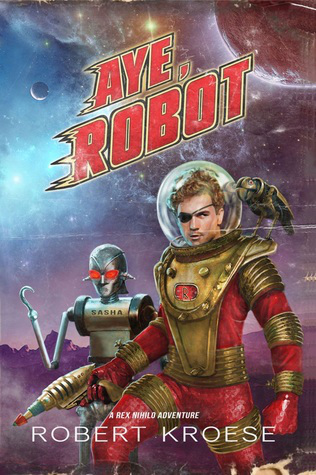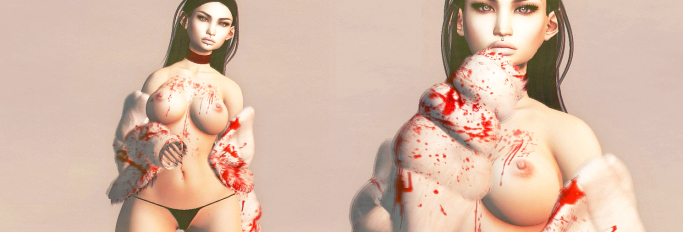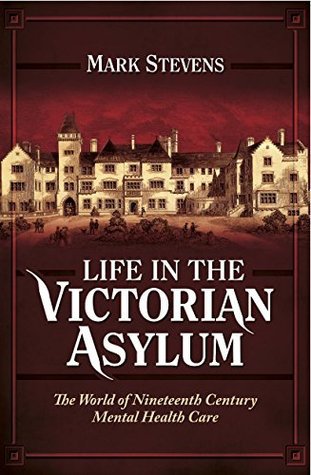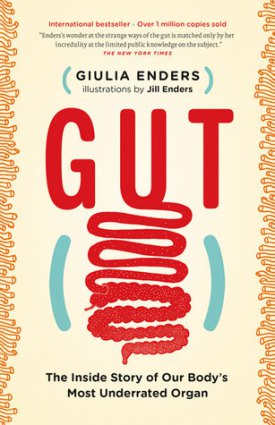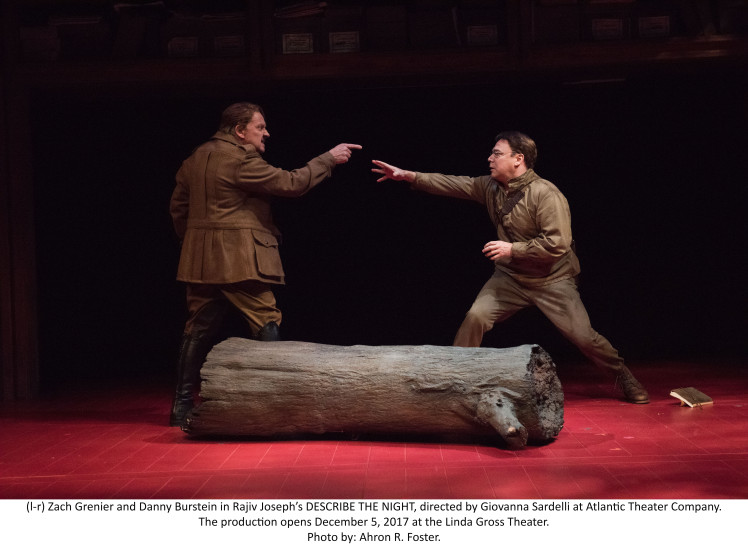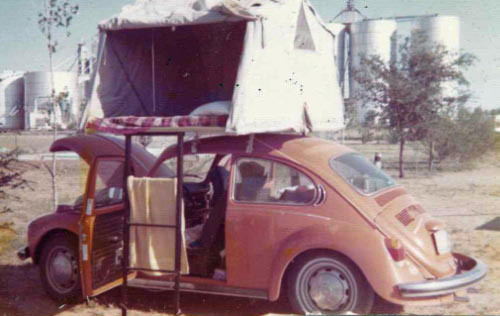
D. Foy’s first two novels are not light, to say the least. Made to Break (Two Dollar Radio, 2014) and Patricide (Stalking Horse Press, 2016) tackle dysfunctional friendships, betrayal, dysfunctional families, abusive fathers, pre-teen drug use, violence, death, depression, and more violence. However, both received rave reviews and rocketed Foy into indie publishing darling status, a position he deserves on the strength of his prose alone (magically alternating between terse and purple). Foy once told me that he thinks of Patricide as a “gutter opera” so it is no wonder we bonded over shared literary interests, particularly a love of William T. Vollmann’s work (as well as Thomas Bernhard). Oh yeah, we’re friends, and while this publishing world might be pretty incestuous and nepotistic, I’ll keep my hands all squeaky clean and refrain from reviewing his new book.
Absolutely Golden (Stalking Horse Press, 2017) is a breakaway from his previous work from the get go. Set in a nudist camp in 1973 Northern California and featuring a female first-person narrator, Absolutely Golden is actually light-hearted fare, but certainly lacks no depth. Moreover, it just so happens that my mother-in-law was briefly living in Northern California that very year. Susie Burch is a fascinating person and a fantastic painter of mostly the plein air variety, as well as a deep and wide reader. Many times I’ve heard her speak about her life-changing experience traveling in Northern California when she was younger so D. Foy’s newest book became an obvious work to give her.
Born and raised in East Point, Georgia (now part of Atlanta), Susie went to college not far from home and by the early Seventies was teaching high school outside of Atlanta and had never really been anywhere. In 1973, she was twenty-six years old and ready to see America, ready to find adventure. She went to the Volkswagen dealership to buy a brand new orange Super Beetle and it was there in the showroom that she saw a roof camper attachment and her whole “vision quest” came together. With her orange Super Beetle, a drop-down steel ladder leading up to the two-person tent with a foam mattress clamped to the top, Susie loaded up a camping stove, knife, cutting board, and a single can of Dinty Moore Beef Stew and set out on the road for five months to find what she could find. After staying with friends and family along the way, it wasn’t until the fourth day that she camped out, literally the first time in her life she ever camped. At a KAO Campground she prepared for a meal but when nearby campers saw the can of Dinty Moore they took pity on her and invited her over for dinner. The pattern came up all the way to California, that beef stew never seeing the life beyond the can. Most of her journey was spent in and around Marin County. Reading D. Foy’s Absolutely Golden was a trip down memory lane and a joy to talk with her about.
What do you think of Rachel as a character?
Rachel is about thirteen years older than I was in ’73. Back then women were defined by the men in their lives. She was nineteen when she met Clarence [Rachel’s deceased husband in the book]. That was in, I guess, ’53 and women were even more so defined by the men in their lives. She thought Clarence was perfect, but she didn’t know any better. She tried so hard to do everything right as a wife but he was controlling in a passive aggressive way. It took Camp Freedom Lake [the nudist camp Absolutely Golden centers around] to make her into an independent woman. Nudity is the setting but it has nothing to do with her story really. It’s for her to be out of her comfort zone.
How well does Foy pull off the female voice and character?
He’s very successful at capturing a female lead character. He was able to reach in and find Rachel’s insecurities. I also liked how Jenny, the Ecdysiast, initially comes off as a ditzy to people but gives this great reversal of character. Her intelligence gave her meaning.
How well does he capture the time period and setting of 1973 northern California? Did it make you nostalgic?
Well, there was a lot of stereotypical hippie talk in the book. The time period was definitely a more free time in regards to our bodies. Yes, it made me nostalgic to read, but the characters are a bit older than I was. I didn’t explore as much as others I met. I didn’t get into too much trouble, just a little. One thing about Northern California then was that most people I met were from somewhere else. I decided not to stay because it was too expensive and I never felt centered because everyone was from somewhere else. I did go to a party in Marin once with the Grateful Dead but I CANNOT go into any details on that story.
One of the main points of the book’s plot seems to be the transformative power of a new haircut/style. It makes a world of difference for Rachel. How accurate is this? Can a new hairstyle help with personal transformation?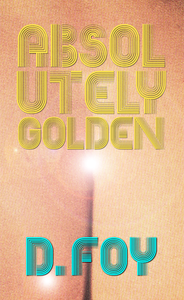
The haircut was a paradigm shift for Rachel. It was a choice she made on her own, without a man, and it help redefine her. It’s all about change, identifying who you are and controlling your own change.
The Sixties were all social consciousness and the Eighties were the Me Decade. It seems the Seventies were all about getting in touch with ones self. How does the book fit this?
The whole book is about self-transformation. First it’s the haircut. Then it took her a while to walk outside in the nude. It takes her longer to see herself in the radiant way others see her.
You’re pretty fair, was it horrific to read about Rachel’s sunburn?
Well, I had a similar experience. I was in Marin and went up to Truckee with my friend Annie and we decided to go skinny-dipping in a river. It only takes me like fifteen minutes to totally burn and I burned places that never saw the sun. It was just like Rachel in the book. I had to go to the emergency room, I was sick and vomiting. They gave me ointment but I couldn’t wear anything but a loose dress for a while after. Everything that happened to Rachel happened to me. It was really, really bad. I don’t know if it was horrific but it was really, really bad.
There were a few fondue references. Could a book be written about 1973 without mentioning fondue?
Haha, there definitely was fondue around, but it was too expensive for me.
The book is full of lots of weird and eccentric characters. Other than Rachel, who was your favorite?
Merle, easily Merle. He was kind and gentle. He taught Rachel how to make her own happiness. He was a caretaker and after he took care of her she had a model of how to take care of others.
What do you think the point of the whole book is?
The book is about transformation and self-love, and being kind and gentle to others.
I thought you might like the book since you were in the same general location at the same time. Were there any other similarities that resonated with you?
Rachel was a school teacher like I was—I never yanked any kid’s hair out though [it’s in the book]. On my vision quest, like Rachel, I learned that I’m a strong, independent woman who can take care of herself and I didn’t need to rely on anyone else. I’ve been like that ever since.
***
Jordan A. Rothacker is a poet, novelist, and essayist living in Athens, Georgia, where he earned a Master’s in Religion and a PhD in Comparative Literature at the University of Georgia. His journalism has appeared in periodicals as diverse as Vegetarian Times and International Wristwatch, while his fiction, poetry, reviews, and essays can be found in such illustrious venues as Red River Review, Dark Matter, Dead Flowers, Stone Highway Review, May Day, As It Ought to Be, The Exquisite Corpse, The Believer, Bomb Magazine, and Guernica. For book length work check out Rothacker’s The Pit, and No Other Stories (Black Hill Press, 2015), and novella (or “micro-epic” as he calls it) and his first full-length novel, And Wind Will Wash Away (Deeds Publishing, 2016). He edited Maawaam’s My Shadow Book (Spaceboy Books, 2017), loves sandwiches (a category in which he classifies pizza and tacos), and debating taxonomy almost as much as he loves his wife, his son, his dogs, and his cat, Whiskey.
What’s HFR up to? Read our current issue, submit, or write for Heavy Feather.
Advertisements Share this: